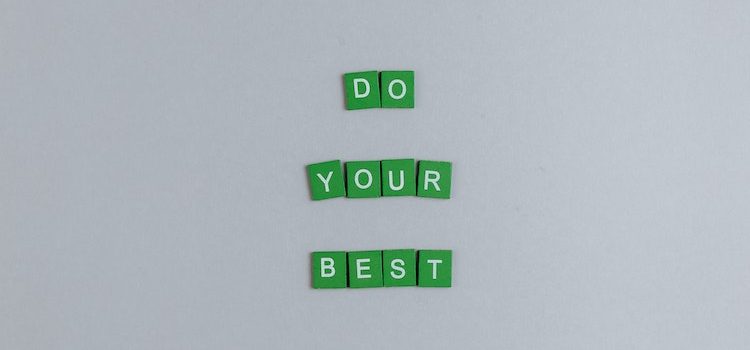What skills should women develop if they want to stand out in the business world? Why is self-confidence one of the most important skills to practice? Girl boss, author, and motivational speaker Rachel Hollis says that there are four skills for women that will help them succeed: self-confidence, persistence, effectiveness, and positivity. She says that women should use these skills as tools to further their lives and careers. Continue reading to learn about the four skills.
The Top 4 Skills for Women and Girls










